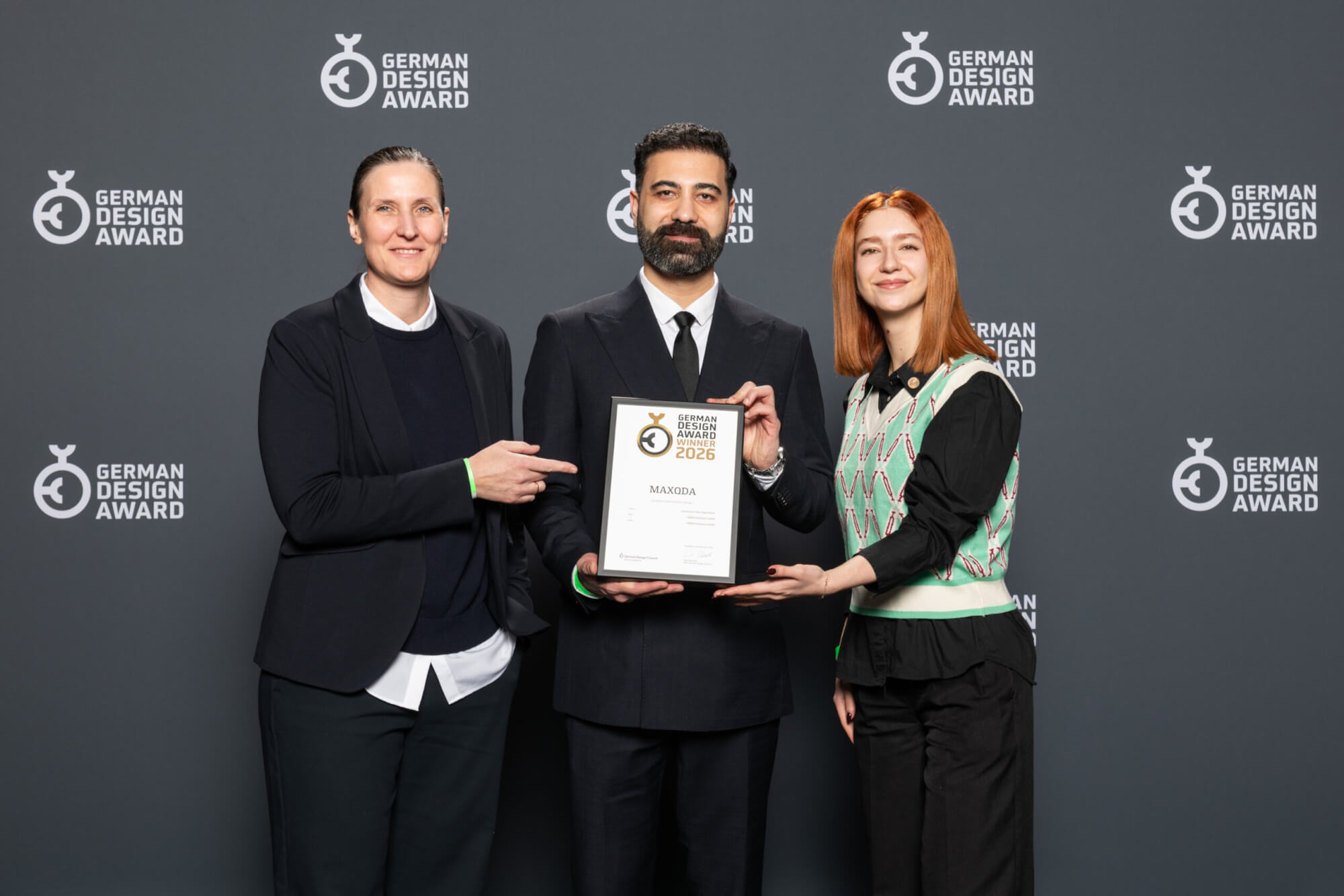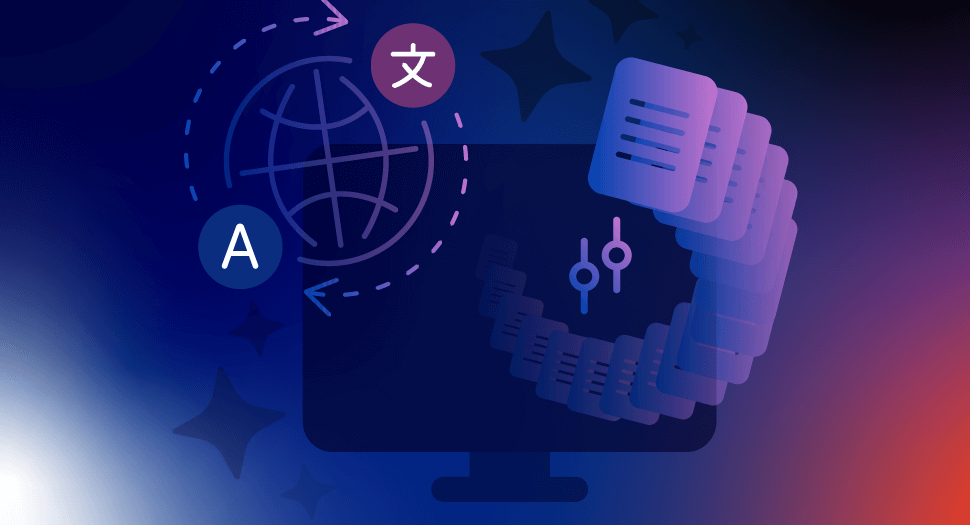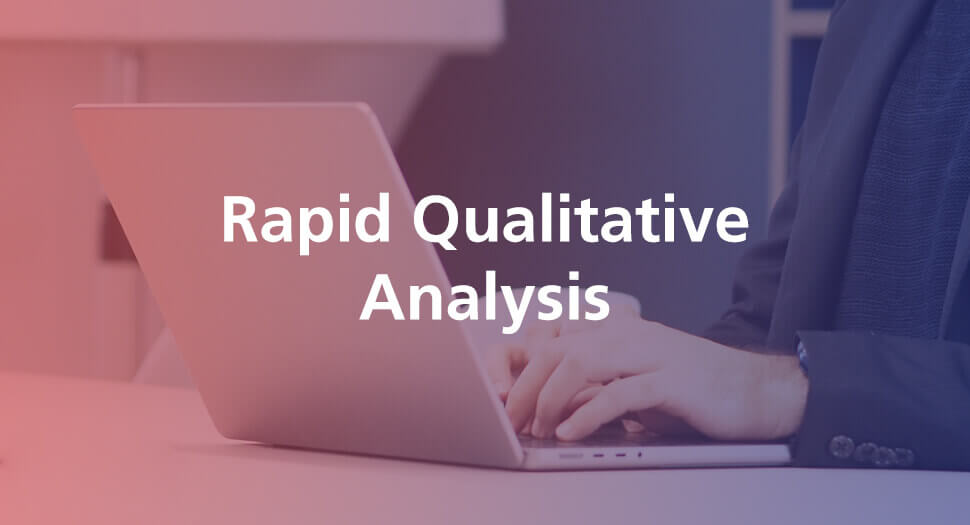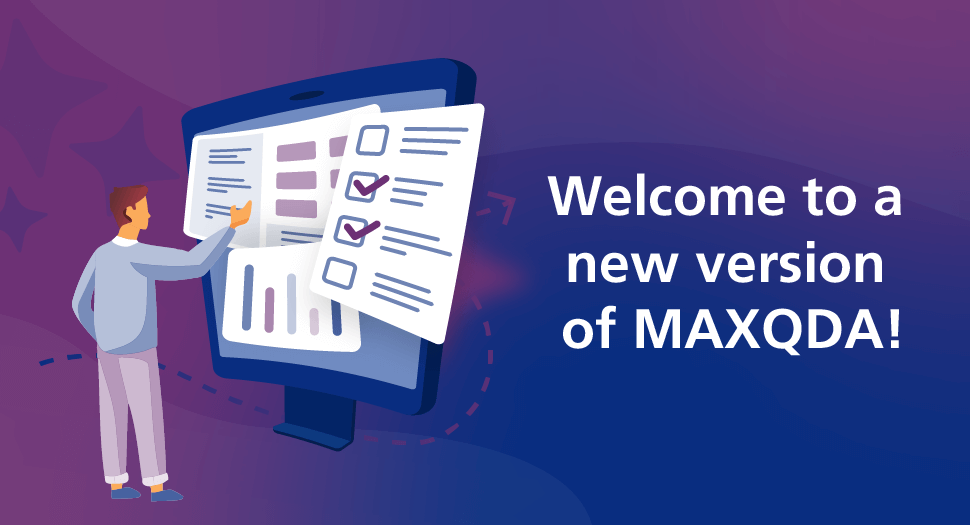Perri Leviss is a member of the Boston Youth Justice Research Project Team. Today she explains how the research group worked in teams.
Teamwork
by Perri Leviss
Courage to Teamwork
Working as part of a collaborative research team is not easy…it requires people to compromise, check their egos at the door, and listen to their colleagues’ suggestions and opinions, which can at times be different than their own. Sometimes social science research can also be a lonely endeavor and working with others enhances the quality of research as well as makes the project more fun. In our qualitative research project documenting the role of youth leaders and adult allies in Boston’s youth justice movement, a group of 6 doctoral students and our fearless faculty advisor/principal investigator used MAXQDA (many of us for the first time) to code over 20 qualitative interviews. While several of the doctoral students knew each other before working on the project – we had never conducted research together.
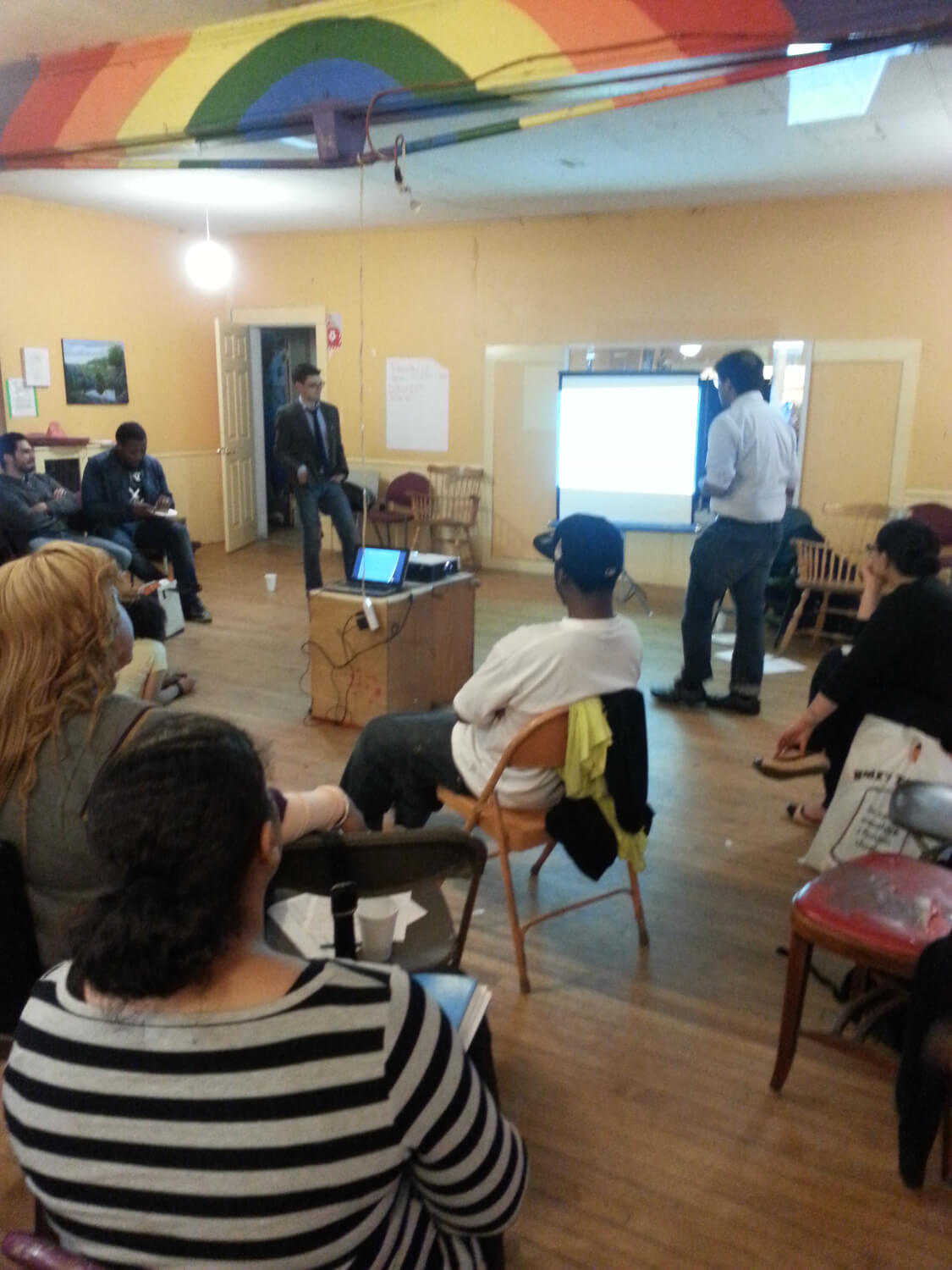
Members of the Research Team
Joint Coding
Using MAXQDA as a research tool was important to building a collegial team that learned from one another and supported joint thinking and data analysis throughout the research process. From the very beginning, our research team leveraged MAXQDA to collectively develop and test our interview codes, define codes, and then revise them many times over. We used the MAXQDA software in pairs of researchers to separately and then jointly code interviews. The MAXQDA software was able to illustrate several people’s coding of the same transcript, which allowed us to see how different doctoral students may code the same sentence or phrase in multiple ways. This process led to many important discussions about both the themes that were emerging from the data as well as learning about the mechanics of the coding process.
Advanteges of MAXQDA
One of the most important aspects of MAXQDA is the ease of its use. Our research team was comprised of students from multiple doctoral programs at UMass Boston, many who had prior experience with other research software — but sharing our data and analysis through MAXQDA was easy, even for those doctoral students who worked in different hardware environments (mac vs. pc) with vastly different technology skills. Even if you did not conduct or even code some of the interviews yourself, members of the research team could all review each other’s work (even at the same time), sort data together by key themes, and analyze data together. We could even view the personal notes of the interviewer or the coder, which is embedded within the MAXQDA system. Obviously, building a supportive and effective learning community does not come from a software system alone, but using MAXQDA was a critical tool in our collaborative research project.

